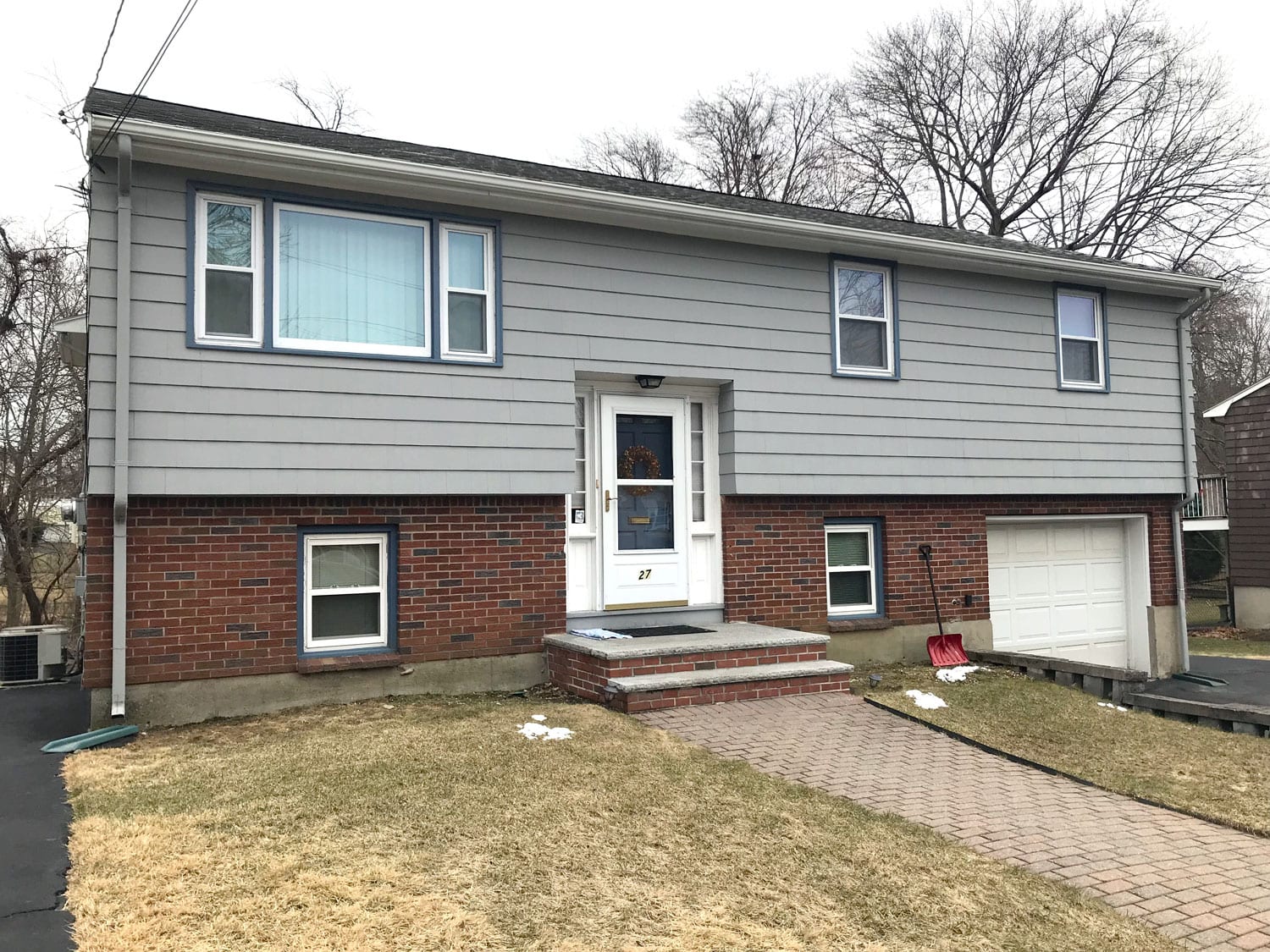LYNN — The hospitality industry is not the only one lobbying to put limits on the Airbnb business.
Ward 2 City Councilor Richard Starbard plans to push the City Council to adopt stringent rules for the online marketplace which lets people lease their homes or spare rooms to guests.
“You have these quiet Lynn streets where people purchased homes and suddenly you’ve got a Comfort Inn next door,” he said.
While specific rules have yet to be written and debated, Starbard wants zoning that would prohibit these rentals in single-family neighborhoods.
For months, Starbard said he has received complaints from residents of Maplewood Road where a split-level home has been listed on Airbnb.
“I’ve received so many emails from residents about the transients coming and going at all hours in the house and taking parking spaces in the street,” he said. “People are nervous about their children playing outside because there’s a constant stream of strangers.”
None of the neighbors who lodged complaints were willing to talk to The Item.
The three-bedroom home was purchased by Ugbu I. Dimgba last year for $425,000. No one answered the door when a reporter visited the home on Tuesday.
The home’s listing on Airbnb described a “Private Classic Room” in the home for $34 per night. Reviews on the company’s website were very favorable. The house and their hosts received a rating of 4.7 out of 5 stars.
Typical of the reviews is one by “Jermaine” which said: “The hosts for this place are very responsive and polite. Their home is lovely and the rooms are comfortable and clean. This was my first Airbnb and a great overall experience … It had everything I needed at a great price.”
At press time, there were about two dozen listings in Lynn on Airbnb, ranging from $34 to more than $100 for a unit near the beach.
Starbard, a Republican who favors small government, said he also supports a level playing field.
“We are not trying to put them out of business, but the hospitality industry is held to certain standards and so should these rentals,” he said. “They are just running under the table businesses with no oversight. That’s not fair.”
Mayor Thomas M. McGee said a bill in the Legislature to regulate these rentals has been under discussion for more than a year. He favors local and state legislation to deal with them.
“The state law will look at rules in a broader sense and we should look at impacts in Lynn for local control,” he said. “There should be an ability to tax them like hotel rooms. People are buying properties and using them to lease out rooms.”
State Rep. Daniel Cahill (D-Lynn), a member of the Joint Committee on Financial Services, said the panel approved a measure on Monday that would impose new rules on short-term rentals. He said the Legislature took its time and held hearings across the state because many communities depend on tourism dollars for their economy.
“The impacts on Lynn is a lot different than the impacts in other parts of the state which makes it more challenging to craft a law,” he said. “On Cape Cod this is a $1 billion industry and in the Berkshires it’s a multimillion dollar industry.”
For example, he said, the concerns of a Lynn homeowner who doesn’t want their neighbor to lease a room in their house in a residential neighborhood, must be balanced with Cape Cod residents who rely on the revenue to make a living.
“We have to be careful about regulation that impacts all four corners of the commonwealth,” he said.
If approved, the House bill would require short-term rentals to be registered with the state; hosts with fewer than three units would pay a 4 percent state tax rate while cities and towns could add up to 5 percent; a professionally managed host with more than three units would be taxed by the state at 5.7 percent and up to 6 percent by the municipality if they chose; a health and safety inspection would be required; and the owner must carry a minimum of $1 million umbrella coverage.
The House and the Senate will consider the bill before the end of the session in July. It then goes to the governor for signature.
“The state legislation is a good start,” Starbard said. “But the council will have to implement new zoning, and perhaps restrict short-term rentals where zoning would potentially allow it.”

